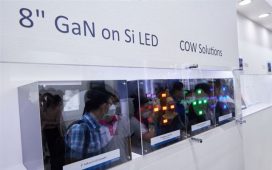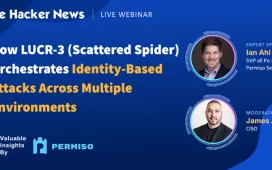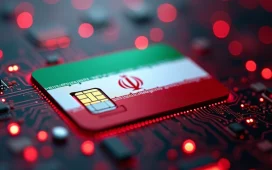An unexpected twist in the proceedings
What was unique about the Oct. 18 vote was how it all progressed–or more precisely, how it almost didn’t.
A series of nerve-wracking procedural delays arose from arguments and objections lodged by two groups of countries over the current drama of today’s geopolitics. This resulted in a so-called “hostage list” of delegates whose candidacy was rejected by at least some members of the Union (the U in ITU-T).
Because I was a candidate representing the UK, my name was on that list.
A commitment to standards prevailed
These motions provoked a double vote: the first to stop the back-and-forth admonishments and the second to secretly vote on the list of candidates. The secret ballot was taken, and fortunately, the results were decisive. In a quorum of 92 countries out of 116, I received votes from 82 countries vs. 10 voting against me.
In our technological and business world, which tends to be more genial and cooperative in settings where participants generally seek to arrive at consensus, these situations never happen, and this moment proved sobering.
The good news is that in this case, politics and posturing gave way to progress. More than 90% of countries voted to approve the list–a clear indication that this global group remains committed to establishing security standards that benefit all of us.
That’s the key message after all. I am not a political animal. I work hard to demonstrate integrity, impartiality and neutrality, and my experience as an international mediator across academia, business, government and civil society has given me opportunities to display those traits. To represent the United Kingdom within this global consortium as a French and Swiss European who works for a U.S.-based multinational company seems to echo the broad shared interests of all members of SG17.
Part of my responsibility as chair is to ensure constituents of all countries are welcome in SG17. My objective is to improve its relevance to the market, the regulators and the industry while helping to provide a more inclusive and encouraging experience to all its members–and particularly the next generation of delegates.
As a result, I am proudly taking my seat as Chair of SG17 with an amazing team of 12 young and engaged elected SG17 Vice Chairs from a vast array of countries. I look forward to representing technology innovation throughout the world, and helping guide this essential group in work that is urgently needed in a world of breakneck change.
I hope this is the last time a vote is held up in this way, especially for reasons like this. But the truth is, the work of SG17 requires many things, cooperation chief among them. We’re all after the same thing, and to achieve it we must work together.







